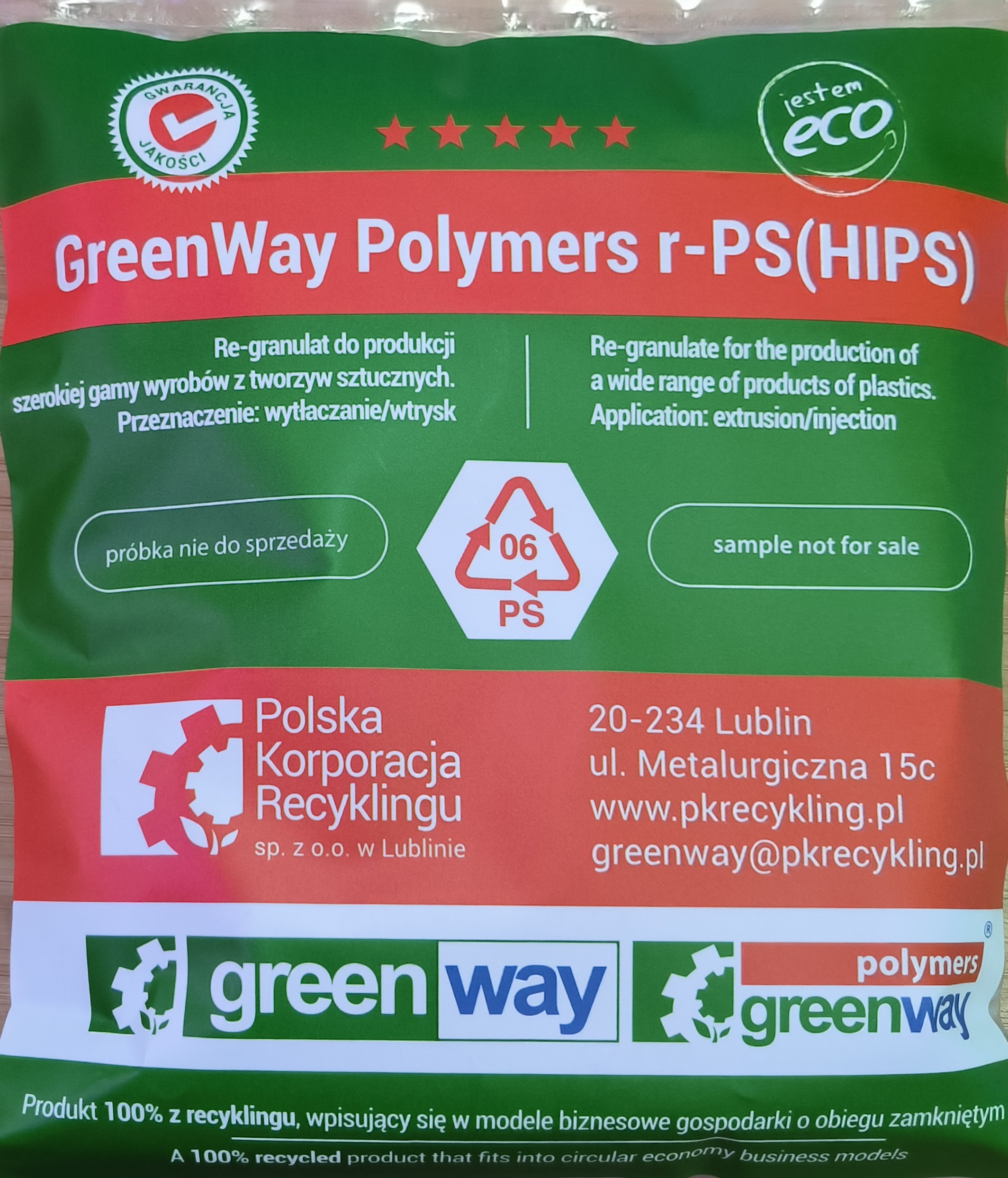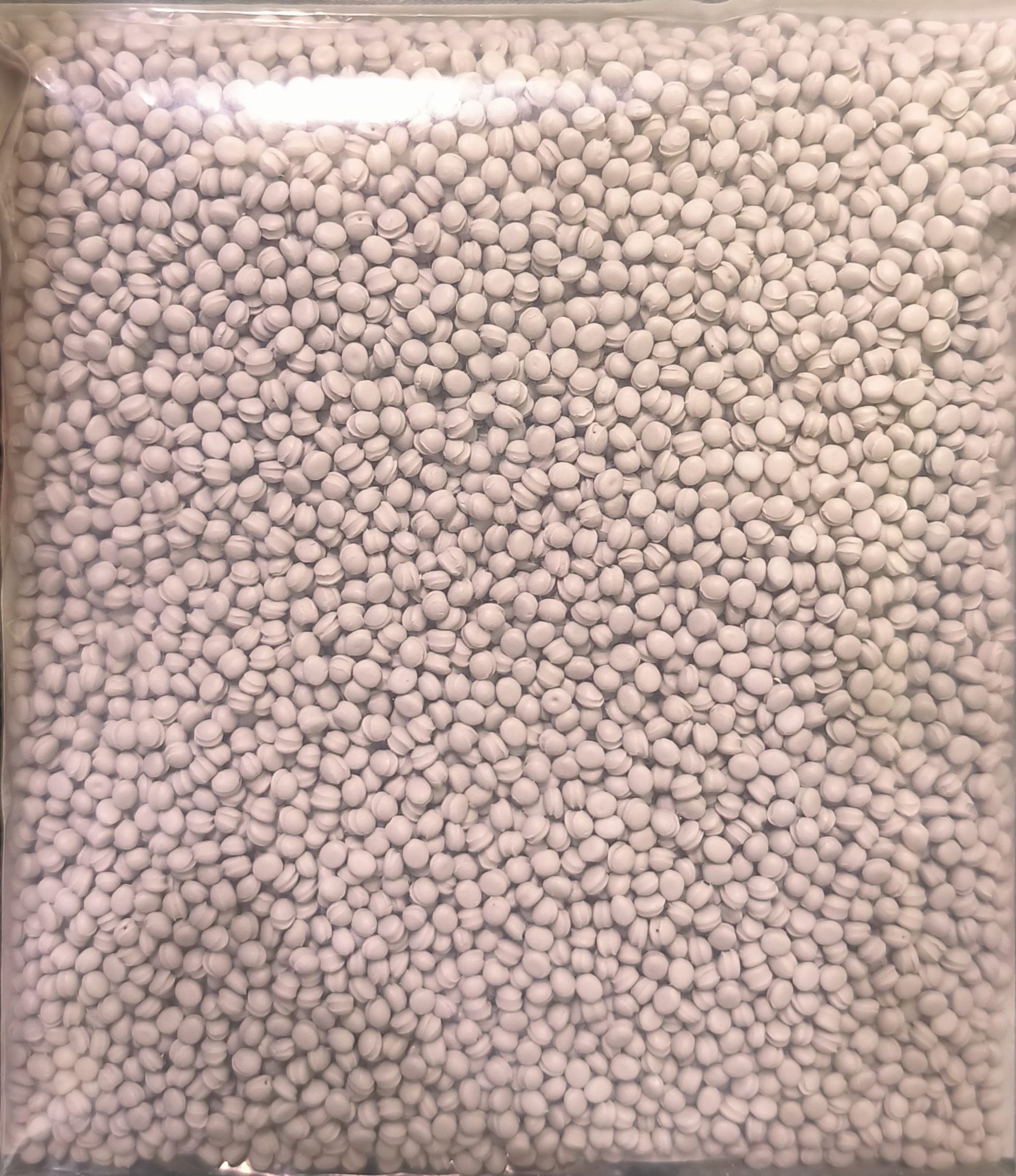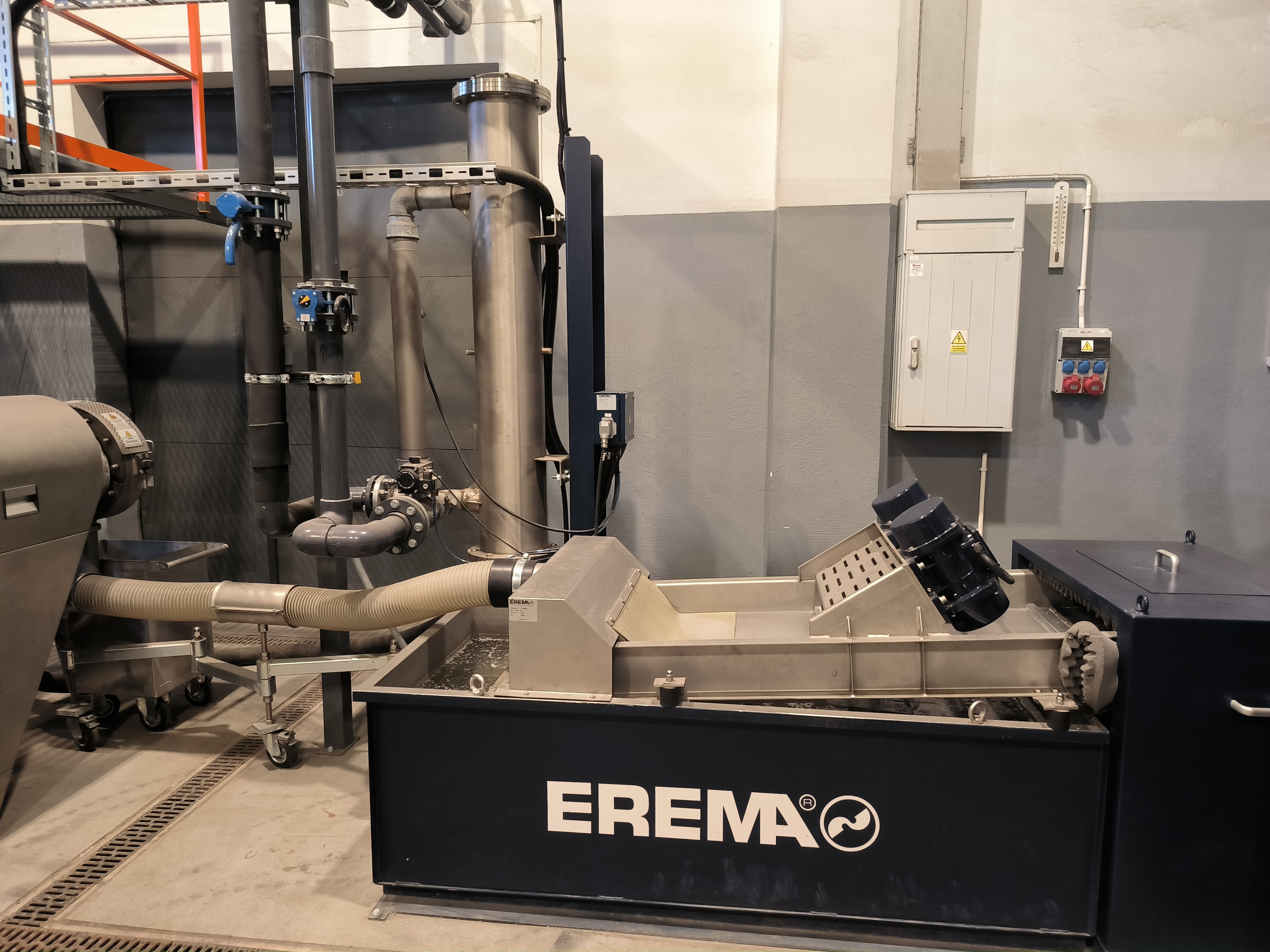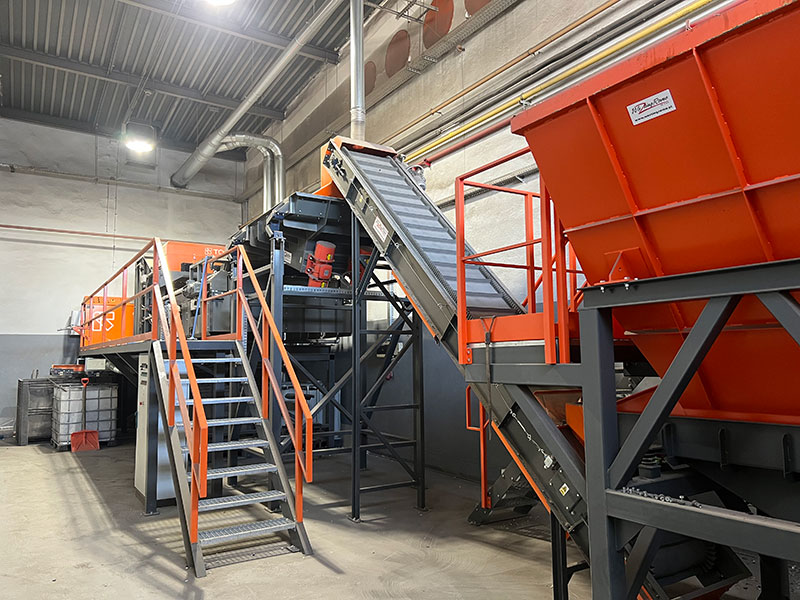Project information
- Project: Implementation of automatic and simultaneous sorting technology as well as an intelligent system for the regranulation of plastic waste from the processing of used refrigeration equipment and the layout of installations for using this method in order to strengthen the circular management processes.
- Beneficiary: Polska Korporacja Recyklingu Sp. z.o.o.
- Partner: TOMRA Sorting AS
- Programme: Business development and innovation
- Project coverage: Lublin, Lubelskie Voivodeship
- Funding awarded: EUR 1,000,000
- Project period: 29 December 2021 – 31 October 2023
- Project website
Instead of wasting, you can recycle
Polska Korporacja Recyklingu implemented a project based on the management of waste from household equipment. As many as 1,000 refrigerators a day are disposed of at this company! Each consists in approximately one-third of plastic, which is why it is very important to use maximum efficient recycling.
Thanks to a project funded from the EEA and Norway Funds, innovative sorting and recycling equipment (sorter, sending station, feeders) was purchased by the company. The new machines now produce two products from the waste: firstly, granulate, which can be used, among other things, in the manufacture of packaging of household equipment, and secondly, sorbent for absorbing oil and oil-like contaminants. One kilogram of sorbent absorbs as much as 6 kg of pollutants!
Partnership with Norwegian company TOMRA Sorting, which is a world leader in sensor-assisted sorting, proved to be a key element of the project. The cooperation resulted in the exchange of experience and know-how, the verification of ideas and the carrying out of waste sorting tests.
Examples of effects
- purchase of sorting and recycling equipment (sorter – using NIR, visible light and electromagnetic radiation sensors – 1 unit; vibrating feeder – 1 unit; sending station for automatic sorting with rising feeder – 1 unit; discharging feeder for operational fraction – 2 units),
- obtaining approximately 185.5 tonnes of regranulate per month, or 2,226 tonnes per year,
- reduction in electricity consumption of 0.45 GWh per year,
- reduction in annual CO2 emissions of 328.05 tonnes.





